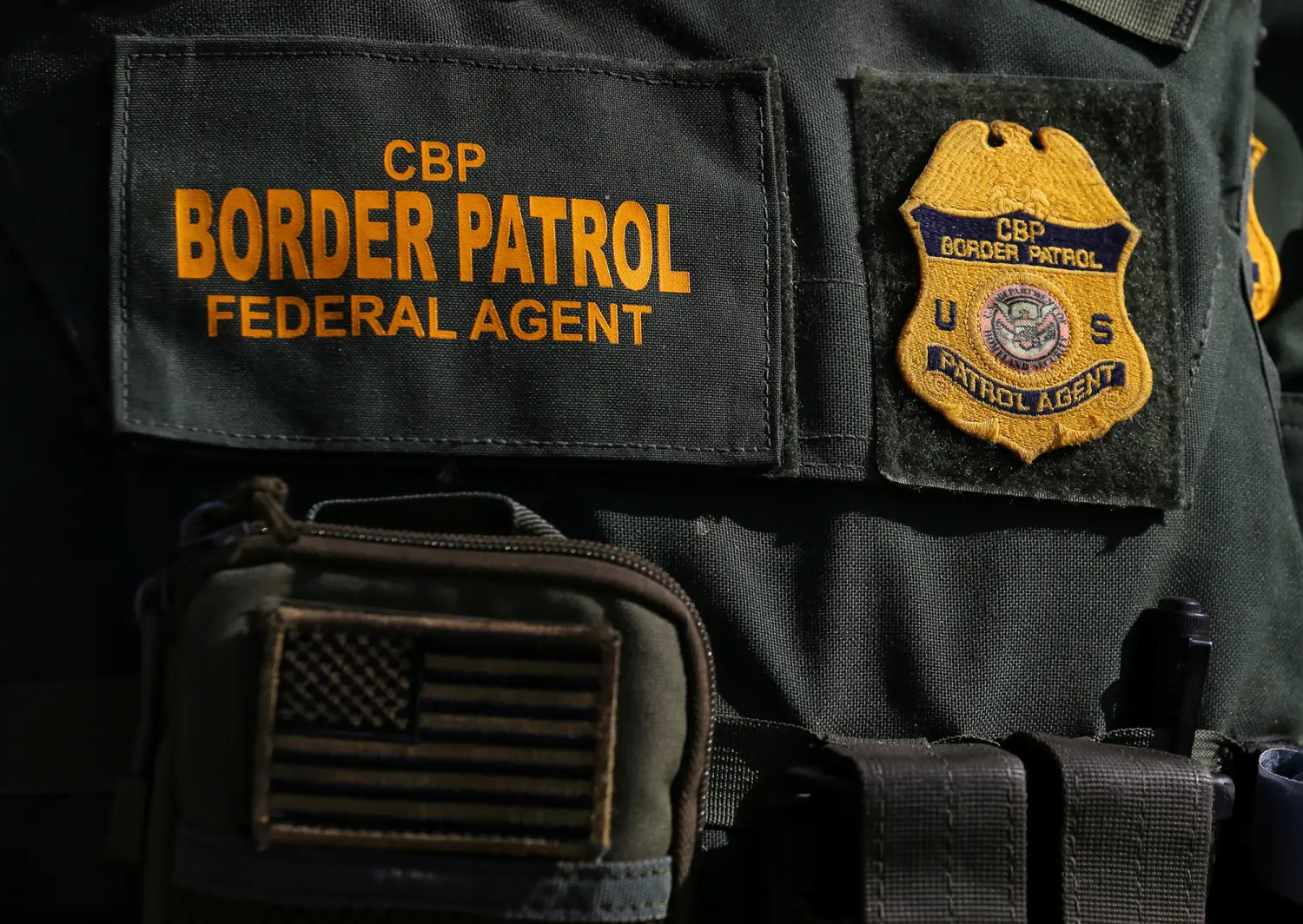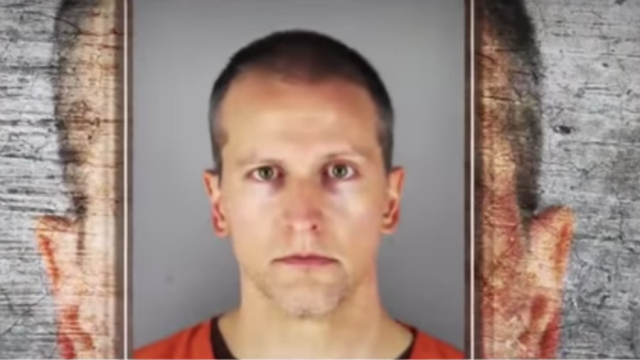By Staff Writer, John Kling
November 14, 2025 — M.A.G.A. Daily News
BORDER PATROL AGENT OVERDOSE RAISES SERIOUS QUESTIONS ABOUT ACCOUNTABILITY AND LAW-ENFORCEMENT FAILURE
Maga Daily News reports— Long Beach Police arrest border guard who later dies in jail. The “border patrol agent overdose” has become one of the most troubling and emotionally charged terms circulating in national discussions today. This phrase, repeated and echoed across the country, now represents a deeply unsettling story involving former Border Patrol agent Isaiah Anthony Hodgson, whose sudden overdose has ignited a storm of questions about law-enforcement culture, mental-health oversight, and the growing crisis of trust in agencies sworn to protect the public. As the nation attempts to understand how this tragedy unfolded, the weight of the border patrol agent overdose narrative continues to grow heavier. Moreover, people believe Isaiah may have been posioned while in jail.
THE INCIDENT THAT SET THE NATION ON EDGE
What transformed this case into national conversation was not solely the overdose itself—it was the troubling sequence of events leading up to it. After the alleged assault on a police officer, many expected thorough oversight, increased evaluation, and immediate action. Instead, the situation spiraled downward. The border patrol agent overdose now symbolized more than the loss of one life; it exposed unsettling cracks within law-enforcement structures meant to ensure safety, discipline, and internal accountability.
As a result, did Long Beach police really have to charge a fellow border guard versus get him medical help or intervention? Futhermore, law officers from around the U.S. are pissed off because this looks really bad. Comparatively speaking, citizens who are under the influence are often times not charged. All you have to do is walk downt the sidewalk and see countless people under the influence, shame on Long Beach police.
The nation is still absorbing the gravity of what happened. A border patrol agent overdose is tragic on its own, but when tied to preceding violent behavior, it becomes a dangerous mirror reflecting systemic failures. Contrastly, border guards wear masks to hide their identities from criminals who want to harm them. Compartively, this is widely accepted by most accept the far left radicals who continue to put border guards in serious fear for their lives causing undue stress.
UNANSWERED QUESTIONS SURROUNDING THE BORDER PATROL AGENT OVERDOSE
The tragedy has stirred questions that demand real answers. How does an armed federal agent involved in a violent confrontation return to everyday life without being placed into mandatory evaluation? How did oversight mechanisms appear so unprepared to intervene before the situation deteriorated into fatal overdose?
The border patrol agent overdose has become symbolic because it forces a long-delayed conversation. The public wants transparency. Citizens want assurance that officers entrusted with enormous power are subject to constant professional and psychological evaluation. Many wonder if early symptoms of distress were ignored. Others ask whether this tragedy was preventable. These questions remain unresolved, but the demand for clarity grows stronger every day.
What cannot be ignored is the emotional burden placed on communities who depend on law-enforcement stability. When those sworn to uphold the law become the subject of violent allegations and die in circumstances clouded by substance use, the public trust erodes. That erosion is at the heart of why the phrase border patrol agent overdose is resonating nationwide.
A CULTURE UNDER SCRUTINY
This moment forces us to reflect on the internal culture of law-enforcement agencies. Agents operate under significant stress. They encounter violent threats, complex border operations, and high-pressure investigations. But stress alone cannot excuse misconduct. Stress cannot excuse violent interaction with officers. Stress cannot explain why deeper intervention didn’t occur before the border patrol agent overdose.
Some argue the system is overwhelmed. Others say the system is complacent. What remains undeniable is that this death revealed a void where stronger support structures should have existed. Instead of receiving help, an officer spiraled.
This is not just one agency’s problem. This is a nationwide dilemma. Law-enforcement personnel are expected to meet impossible standards while receiving insufficient oversight. The result is predictable: unchecked behavior, untreated mental-health issues, and rising substance dependence. The border patrol agent overdose became the unfortunate punctuation mark at the end of a chapter filled with warning signs.
PUBLIC TRUST AND THE NEED FOR FULL TRANSPARENCY
Communities across America rely on law-enforcement agencies to act with honor. But honor must be supported by transparency. To rebuild trust, agencies must release full investigative findings, disclose training deficiencies, and confront cultural weaknesses.
People want to know whether prior concerns were overlooked. They want to know if performance issues or behavioral red flags were dismissed. They want assurance that reforms are underway. Without open communication, suspicion will continue to grow, and the border patrol agent overdose will be viewed as another example of institutional failure.
Transparency is not optional. It is essential. The public deserves nothing less.
A CALL FOR REFORM TO PREVENT FUTURE TRAGEDIES
The national conversation surrounding this border patrol agent overdose cannot fade. It must lead to action. Mental-health screenings should be expanded. Substance-abuse intervention programs must be mandatory after any criminal allegation involving intoxication. Inter-agency communication must be strengthened so that federal and local authorities track behavioral patterns that could escalate into danger.
Reforms must be comprehensive, not symbolic. They must be implemented consistently, not selectively. Only then can tragedies like this one be meaningfully reduced. Only then can the public regain confidence in those responsible for enforcing the law.
THE PATH FORWARD AND A DIRECT CALL TO AMERICANS
The story of this border patrol agent overdose is tragic, unsettling, and deeply revealing. It challenges Americans to demand accountability from their institutions.
If you have thoughts, information, or questions regarding this case or the broader crisis of law-enforcement oversight, you are encouraged to reach out and share your concerns. You can contact the newsroom directly at Press@MagaDailyNews.com. Your engagement helps drive reform, fuels transparency, and ensures national attention remains focused exactly where it must be.
The phrase border patrol agent overdose must stay at the center of this conversation, not as a headline but as a reminder that real reform is long overdue.





